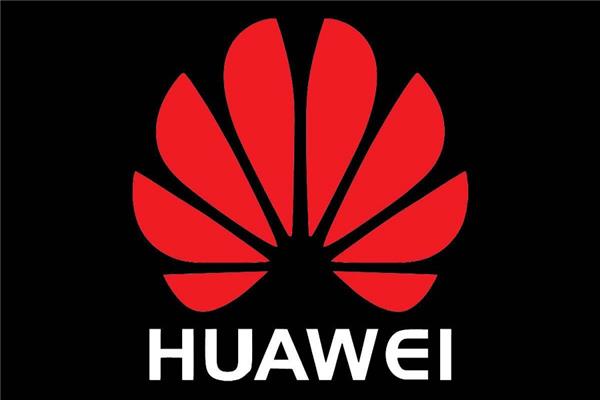Huawei elaborates on three in-car operating systems at 2020 China Auto Forum
Shanghai (ZXZC)- At the 2020 China Auto Forum kicking off on August 13, Wang Jun, head of Huawei’s intelligent car solution business unit, introduced the latest achievements Huawei has gained for intelligent vehicle development, including three in-car operating systems and a cross-domain integrated software architecture dubbed Vehicle Stack.

(Photo source: Huawei)
Wang considered that the achievement of SDV (software-defined vehicle) plays a key role in the revolution of automobile industry. The nature of the SDV rests upon the change of automobile business models and users' car-using experience, and the accomplishment of SDV is grounded on the building of layered architecture and digital platforms.
The three operating systems unveiled at the conference—HOS (Harmony OS), AOS and VOS—focus on automobile cockpit, intelligent driving and smart vehicle control respectively.
According to Wang's speech, Huawei develops the Harmony cabin operating system (namely, HOS) that targets the application scenarios of the automobile cockpit and the demands for matching the upper-level application software and the underlying hardware.
The HOS is also favorable to the decoupling of the cockpit-mounted software and hardware. Besides, based on the HOS, Huawei develops basic services for such core technologies as the voice interaction, the visual recognition and audio optimization.
The system supports the open port jointly defined with OEMs, which can be quickly developed by partners so as to form an application ecosystem.
Wang noted that the Huawei-developed AOS can simultaneously satisfy the core requirements for the development of intelligent driving software and the automotive-grade data-driven system, and has been granted the ASIL D (Automotive Safety Integrity Level D) certification.
Numerous partners of Huawei are carrying out technical development based on Huawei's MDC intelligent driving computing platform and the AOS, he added.
The VOS can natively support the heterogeneous multi-core structure and the modularized tool chain, and is compatible with AUTOSAR (the abbreviation of AUTOmotive Open System Architecture), a global development partnership of automotive interested parties founded in 2003. It can make the concentrated development of the multi-ECU system earlier and more efficient.
Aside from the three separating operating systems, a complete architecture is still short of the cross-domain integrated dispatching capability. Wang pointed out that the Huawei Vehicle Stack is designed to be a service-targeted cross-domain integrated software framework, which benefits the fast development, verification and deployment of complete vehicle characteristics.
In addition, the Vehicle Stack is available to the overlapped use for the architectures of different models and various automation tool chains, so that the development recycle can be largely shortened.

